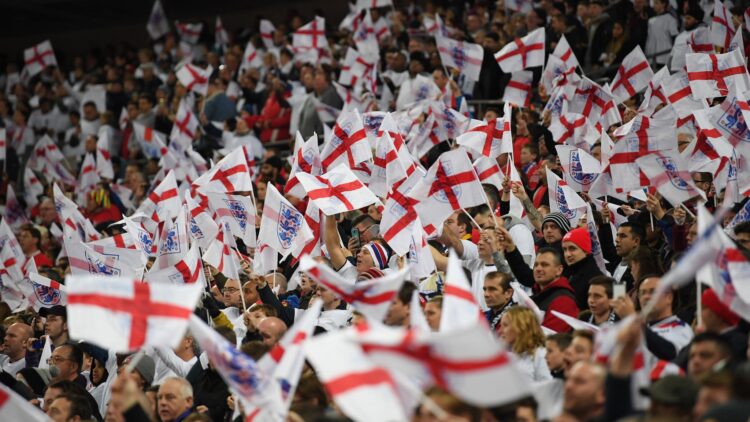By Tim Parsons-
Social media racist abuse during Euro 2020 were from identifiable accounts mainly in UK, twitter has today said.
Twitter said that “the UK was – by far – the largest country of origin” for racist abuse sent to England footballers following the team’s loss in the Euro 2020 finals on 11 July.
The social media company added that 99% of the accounts which it suspended over the abuse were not anonymous, but fell short of disclosing exactly how many accounts were suspended.
Twitter’s data stands is at odds with that from the UK Football Policing Unit which said that of 207 social media posts deemed to be criminal, 34 came from accounts in Britain and 123 in other countries
Following the tournament, Southgate described the abuse as “unforgivable” and said: “I know a lot of that has come from abroad. People that track those things have been able to explain that. But not all of it [has come from abroad].”
As of 5 August, police had arrested 11 people aged between 18 and 63 in connection with the abuse of England players following the Euro 2020 final in Wembley.
Marcus Rashford, Jadon Sancho and Bukayo Saka were particularly targeted by racist social media posts after missing penalties against Italy.
Before the finals, back in April, players and clubs boycotted social media entirely to protest the levels of abuse aimed at people in football.
Two major requests were made of social media platforms, firstly that: “Messages and posts should be filtered and blocked before being sent or posted if they contain racist or discriminatory material.”
And secondly that “all users should be subject to an improved verification process that (only if required by law enforcement) allows for accurate identification of the person behind the account”.
ID Verification
In a blog post published on Tuesday, Twitter argued “that ID verification would have been unlikely to prevent the abuse from happening”.
The company said this was because “the accounts we suspended themselves were not anonymous. Of the permanently suspended accounts from the tournament, 99% of account owners were identifiable.”
Twitter said that it removed 1,961 abusive tweets during the final and in the days that followed using automated tools, with just 126 removed following reports from users.
Only 2% of these tweets had generated more than 1,000 impressions – something the company shared as an indication of its efforts to “quickly identify and remove racist, abusive tweets targeting the England team”.
Twitter added: “Racist behaviour does not reflect the vast majority of people who use Twitter to participate in vibrant conversations about football in the UK.
“Critically, the word ‘proud’ was used more often on the day following the final than on any other day this year, as people expressed their support for the England team.”
The announcement will lead to curious observation as to the legal punitive measures that will be taken against those who used social media to vent racist abuse at players.
The British criminal system is known to be very soft on racism, given out weak suspended sentences in most serious cases of racism.
When Roy Larner was sentenced in 2018 for a despicable level of racism after spitting in a black photographer’s face and using racial slurs against black protesters whom he told to go back to their country, Larner was given a suspended sentence and a weak fifty pounds fine.

